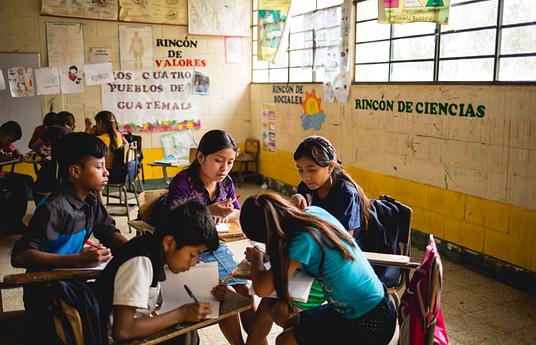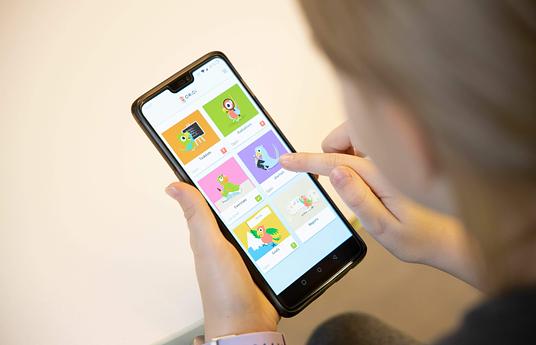Being debate enthusiasts, we, two Youth Ambassadors, wanted to provide a space for youth to share their voices through multicultural conversations during this time of instability. Through intercultural debate, we hoped to bring discussions and connections together to inspire youth to seek solutions to global challenges and take concrete actions.
MUNDO organizes debate championships online, but we hope to expand it to MUNs. Our discussions are based on the UN Sustainable Development Goals, meaning they are focused on solution building. MUNDO focuses on youth between the age of 13-20.
Young people can sometimes have intercultural dialogue aplenty but lack a deeper connection. Our goal, therefore, is not only to provide youth with the opportunity to share their perspectives and understand others but also to defend their opinions through concrete argumentation, building their elocution, and stimulating critical thinking. Participants are placed in teams with youth from around the world, with whom they co-operate during the debates, giving them a holistic experience. The championship follows an adaptation of the World School Debate Format. And debating a motion related to an actual global challenge, Proposition and Opposition compete. The teams bring their discussion into action in the form of small projects. We debate to create!
During these uncertain times of COVID-19, organizing physical debates (the form which many believe is more effective) is a far-off dream, but that is nothing to stop the spread of something so vital to the expression of youth and student’s voice. Social media plays a large role in the life of many millennials, and so does it in the life of MUNDO debates. We have been able to reach out to people on every continent, except Antarctica. Youth who have participated, pass on our goal and their experience to others, and the spread of our innovation has been along the line of youth with a global interest. We may not have a large number of users yet, but what we do have is, users with true passion.
Interested educators can contact us for a step by step guideline for implementing MUNDO debates. We can help connect schools globally, connecting with international participants. Check out the quick instructions at the bottom for implementing the championship immediately in your school or community. We can help you at any point and encourage you to offer this great opportunity to your students.



